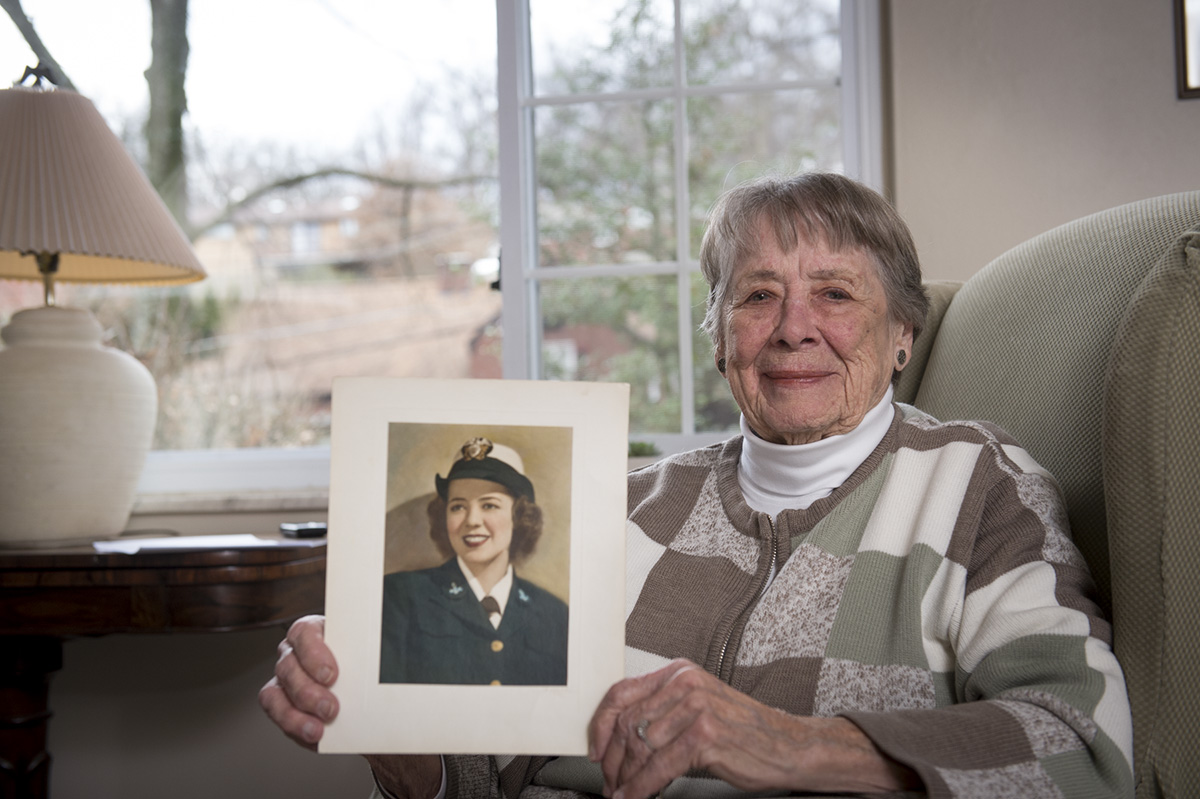Real-life memories and perspectives
of those who experienced the history of CMU

Overview
The Carnegie Mellon University Oral History Program records the real-life memories and perspectives of those who experienced CMU's history. These interviews do not just inform listeners of the events' histories—they tell the story of how the events were experienced. We preserve the interviews in the Carnegie Mellon University Archives for current and future generations.
We also share these histories through various digital programming, public events, and educational programming. Our work is made possible through support from our generous donors and community.
What is Oral History?
Oral histories are recorded personal accounts of historical events. They provide details not found in written or other sources and contain valuable interpretations of events that reflect individuals’ unique experiences, memory, and positionality.
Learn more in the Oral History Program Research Guide.
Methodology and Procedures
Although we conduct many types of oral histories, we specialize in life-history-style interviews covering the lifetime of participants from childhood to the present day. We prompt participants with broad, open-ended questions designed to encourage storytelling, and we prioritize transparency by working with participants at every step of the process:
- We work together to determine the questions, topics, and themes in advance
- We share the initial recording and transcript for review
- We send a final copy of the video interview and transcript
The interview process results in a long-form video recording. We edit this recording while maintaining the integrity of the original interview. We then transcribe the recording and welcome participants to make small annotations or corrections in the transcript for historical accuracy. We allow for limited restrictions on the interviews by request.
We share the final recording and transcript with participants before preserving the files in the University Archives and making them available for researchers. To facilitate access to the interviews, the University requires all participants to sign a release agreement.
Interview Highlights
The Oral History Program’s collection includes over 70 oral histories, and we add new interviews frequently. Watch a playlist of highlights from our collection.
The Histories
Oral histories are recorded personal accounts of historical events. They provide details not found in written or other sources and contain valuable interpretations of events that reflect individuals' unique experiences, memories, and positionality.
We conduct many types of oral histories:
- CMU Histories: These are typically longer interviews, sometimes up to six hours, that follow a narrator from birth to their present circumstances.
- CMU Collections: These are interviews developed around specific times and/or events (i.e., Covid) that allow narrators to discuss their lives during a segmented period of time.
While these next histories fall outside the particular boundaries of oral history, we believe they help fulfill the mission of oral histories, which is to fill in the gaps in the University Archives.
- CMU Conversations: These are more informal conversations between two narrators that explore a specific time and/or event. These are meant to capture stories and histories shared between narrators with similar experiences.
How We Work
We work with various groups to identify people, collections, and conversations we should conduct. Once we identify a project, the oral history team interviews narrators using broad, open-ended questions designed to encourage storytelling, and we prioritize narrator consent and cooperation:
- We work together to determine the questions, topics, and themes in advance
- We share the initial recording and transcript for review
- We send a final copy of the video interview and transcript
The interview process results in a video recording. We edit this recording while maintaining the integrity of the original interview. We then transcribe the recording and welcome participants to make small annotations or corrections in the transcript for historical accuracy. We allow for limited restrictions on the interviews by request.
We share the final recording and transcript with participants before preserving the files in the University Archives.
- CMU Histories are available for researchers. The University requires all participants to sign a release agreement to facilitate interview access.
- CMU Collections & CMU Conversations may be available to researchers or the public, depending on the collection's stipulations. The University requires all participants to sign a release agreement to facilitate interview access.
Access to the Oral History Collection
Visit the Archives finding aids to see an inventory of the interviews. To request a full interview and transcript, contact Emily Davis, Collections Archivist, at archives@andrew.cmu.edu. All oral history recordings are publicly available through the Carnegie Mellon University Archives.
Learn more in the Oral History Program Research Guide.
Donate
The Oral History Program is supported by the The Waibel Foundation and other general donors. It is through the remarkable generosity of our supporters that we are able to record these oral history interviews. Please consider supporting our work by making a donation to the Oral History Fund.
Make a Gift
For more information, or to inquire about specific giving opportunities, please contact: libraries-advancement@andrew.cmu.edu.
